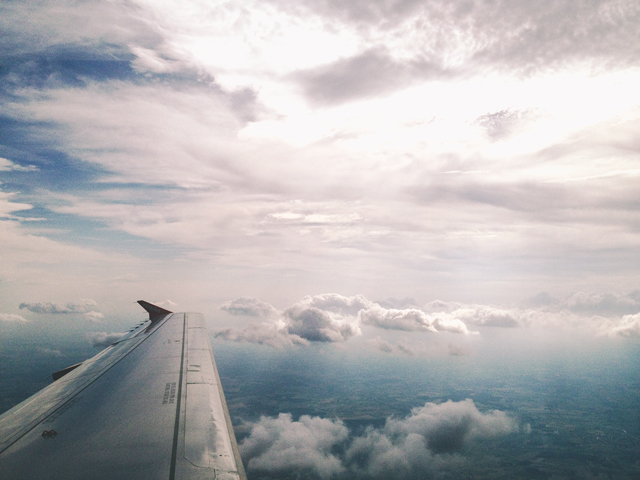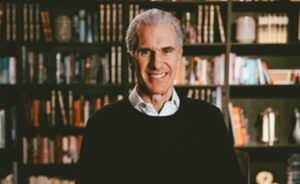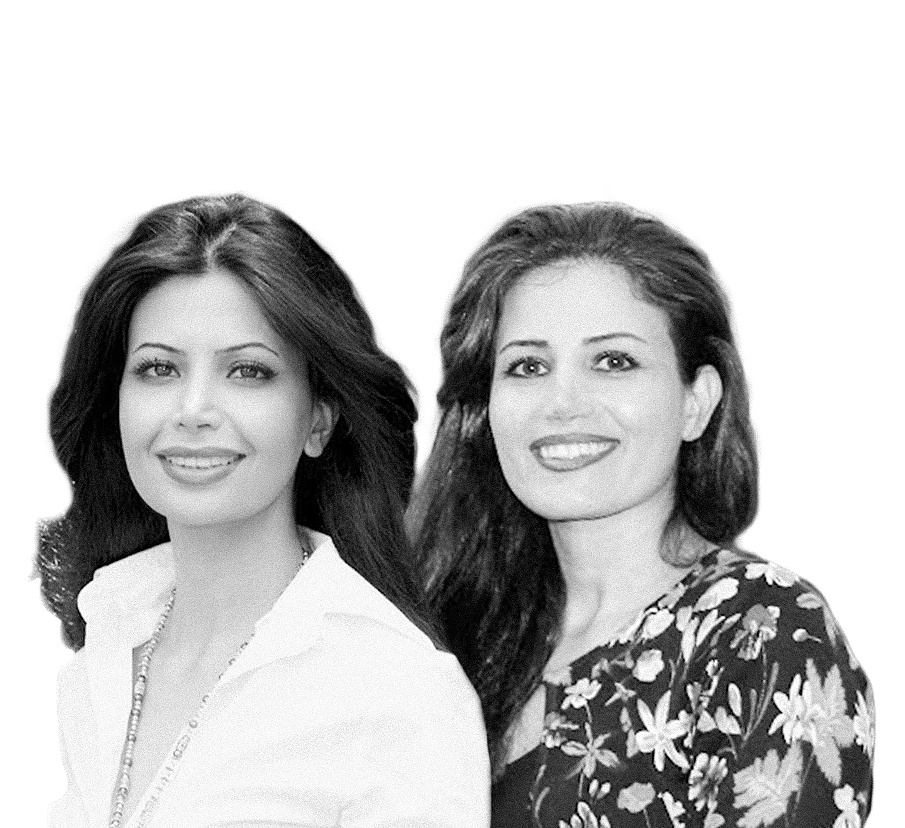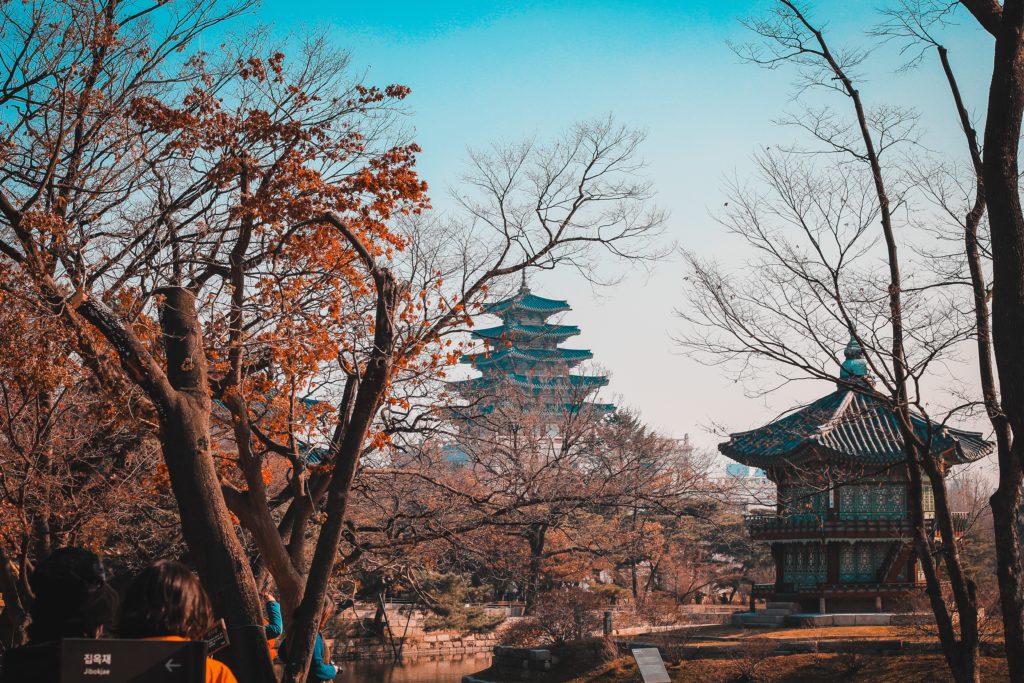“The most primitive response to fear is escape.”
I am scrutinising the safety card again and watching the in-flight attendant point, penguin-like, to the exits that I had already noted on the way in. It’s not that I am afraid of flying; it’s just that safety information is a worrier’s drug and a virtuous one at that. I look on my fellow passenger, already snoozing, with a haughty distain. ‘Don’t you come asking me how to, ‘double wrap and bow’ your life jacket if the need arises,’ I say in my head. But then, with a little envy in my heart, I wonder why I am not asleep? Why does this familiar information feel all too important to me?
Statistically life has never been safer, but our experience of anxiety has never been greater. You would assume that vastly improved healthcare, education, public safety and national security would reduce our propensity towards fear. But worry is at epidemic levels: 7 million anti-anxiety prescriptions were offered in the UK on the NHS last year, and approximately 40 million American adults show symptoms of an anxiety disorder.
The most primitive response to fear is escape, and we continue to do this in spades. Not by physically running away, but by attempting to undo the conundrums in our minds: the work colleague we fear dislikes us, the darkening mole on a shoulder, the sense that we are in the wrong job. Google is the new back door that we can run through, comforted by the shared experiences of others or terrified by the search result that confirms we do have Bubonic Plague.
If anything can be held responsible for the heightening of anxiety in our lives, it is a fundamental shift in our relationship to uncertainty. Whilst information is available on an unprecedented scale, people’s threshold for ‘not knowing’ has fallen considerably.
Consider the art of weather forecasting. One hundred years ago a farmer would lick his finger, hold it in the air and tell you where the wind was coming from. Now, satellite technology can give you an accurate picture of the weather up to 15 days in advance. The availability of this knowledge, coupled by our instinct to mitigate risk, is stealing our ability to rest in uncertainty.
The power of anxiety and the drive to eradicate uncertainty have stolen life’s adventure. This is of course a direct contrast to the promise of Jesus who said, ‘I have come to give you life and life in all its fullness’ (John 10:10). Oprah Winfrey has said, ‘The biggest adventure you can ever take is to live the life of your dreams.’ However, through Mind and Soul’s work in emotional health, we have seen an increasing number of people who are only living their life ‘in their dreams’.
One of the reasons that we love Alpha is that it does not take the uncertainty out of life; it takes life out of uncertainty. The Christian life is not about resolving every uncertainty; it is about really living despite our uncertainty. The Christian life proposes that we can have certainty in the things that are truly important – in our relationship with God, in our value as people and in our eternal future. Everything else is an adventure to be enjoyed together. As the great reformer Martin Luther said, ‘Pray and let God worry.’
Will van der Hart is a founding director of Mind and Soul a Christian Charity that provides an interface between mental health issues and Christian spirituality. He is co-author of The Pregnancy Book, The Worry Book, The Stuff of Life, and the forthcoming, The Guilt Book.
Follow Will on Twitter @vicarwill




